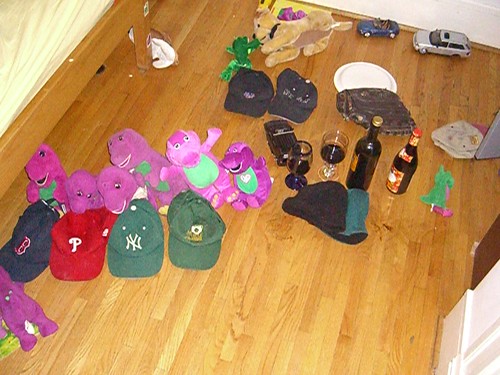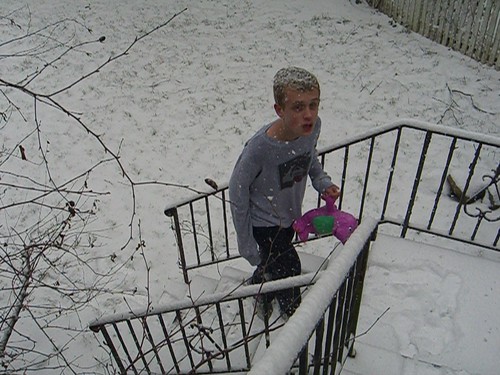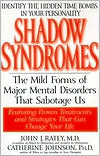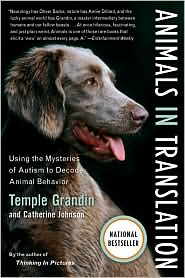It seems I can deal with only one child at a time.
Over the past 4 years, I've lost track of autism and autism research, a subject I used to know by heart.
It's not as if I've been completely out of touch. I did manage to figure out Andrew needed
a clicker &
a linguist-created program to teach him grammar. (Good results with both thus far.)
But Jimmy has had to fend for himself, just about. (Am currently scheming to
teach him how to read after all. He so wanted to learn, back when he was 14. He used to bring me the LeapPad reader and sit beside me on the sofa so I could run the LeapPen over the LeapStories. And for years we tried to teach him sight words, not one of which he learned, not even his name. Now that I know what I know about whole language, I realize that was a hopeless undertaking from the get-go. Jimmy doesn't appear to "see" well; when he was tiny, he couldn't see the elephants at the zoo until they moved or, better yet, pooped. If he couldn't see elephants, how was he going to see laminated words for "salt" and "juice"?)
Anyway, today, taking a stab at clearing off the paper cliffs soaring above my desktop,
* I unearthed an
Autism Speaks brochure and decided to check out their web site.
I found this:
Final Emerging Theme from the 2008 SFN [Society for Neuroscience] Meeting
Altogether these research advances demonstrate the ostensible "treatability" of the component features of autism despite varying etiologies proposed (genetic, immunologic, endocrinologic, perceptional). Such results, which have emerged only in the last two years, are rapidly redirecting researchers to an entire new field of research that is energizing the movement for autism treatment. The results also suggest that the complexity of autism will not require one "cure-all" strategy but an arsenal of therapies that is adaptable to the underlying biology of the presenting symptoms in each individual.
Right again!
Treatment-versus-prevention was a debate within NAAR (National Alliance for Autism Research), where I served on the board. NAAR was the first nonprofit devoted to researching "treatment, prevention, and cure" for autism, but most folks there were thinking prevention.
That seemed wrong to me, logically speaking.
** One of the geneticists I'd interviewed had told me that as many as 90 to 100% of the population may carry "autism risk genes." I have no idea whether he would say the same thing today, but that's what he said then.
Well, if 100% of the population carries autism risk genes, good luck getting a test you can do with an amnio.
At least, that's the way it seemed to me.
Treatments and functional cures ought to show up before preventions.
Let's hope they do!
* gross exaggeration** I'm also uncomfortable with prevention if it means what it has meant for children with Down syndrome. I'm a little uncomfortable with prevention and cure both, as a matter of fact. See: Harvey











